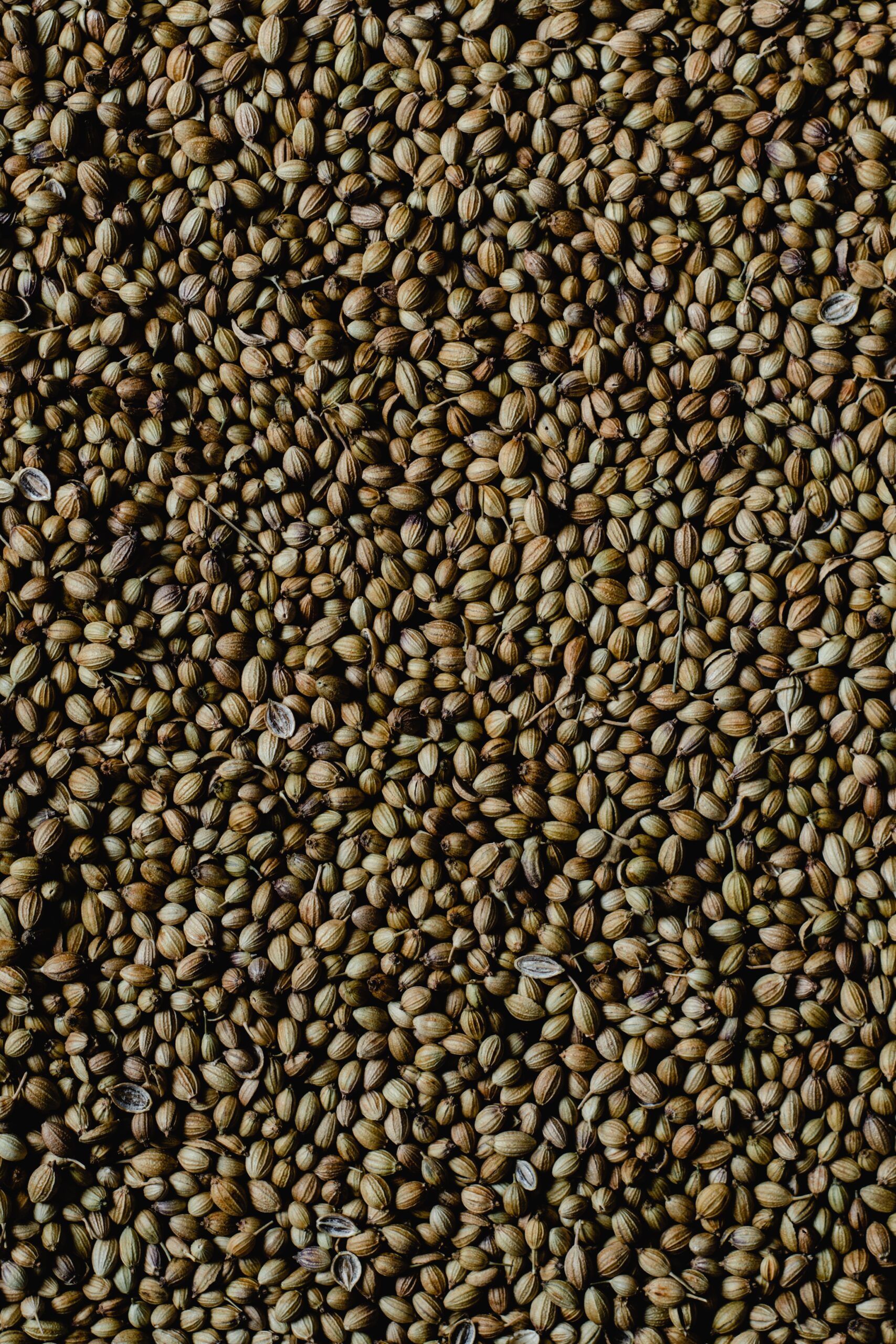Coriander is the spherical seed of a small plant called Eryngiumfoetidum. Coriander seeds give a slightly sweet yet zesty flavor to the dishes. They are quite popular in the Indian subcontinent and the Middle East but are not widely available worldwide. Unripe coriander seeds have an unsavory smell, while their ripe form has a distinctive fragrance. Coriander seeds are used for culinary and medicinal purposes. They have anti-inflammatory properties. Therefore, they are used to alleviate the symptoms of diseases like arthritis.
Regular intake of coriander seeds and leaves helps in relieving many digestive system problems. Coriander seeds lower the concentration of low-density lipoproteins (known as bad cholesterol) and raise high-density lipoproteins (known as good cholesterol) levels. These seeds are a rich source of minerals like iron and magnesium, and they have a high content of dietary fiber.
Coriander vs. Cilantro
Confusion between coriander and cilantro is pretty common. In the U.S., people call the leaves and stem cilantro, while the dried seeds are coriander. While in the UK and other countries, the opposite is the case; the fresh herb is called coriander.
The truth is, coriander and cilantro are interchangeable. But to be specific, the term “coriander” refers to the leaves and stems of the plant. Meanwhile, dried seeds are called “coriander seeds.”
Some coriander seed recipes
Spicy Chicken with Fresh Coriander: fresh coriander mixes well with meat. Hence it is an asset in this dish.
Cakes and Bread: coriander is used to enhance the flavor of baked goods.
Pudding: coriander is an essential spice in puddings for texture and taste.
Rice Soup with Pork and Coriander: coriander increases the flavor profile of the pork.
Cold Bulgarian soup: the crispy form of coriander seed is used in this soup to add texture and flavor.
Substitute for coriander seed
If you are making a recipe that calls for coriander seeds but you run out of the spice, or maybe you are allergic to the smell or the taste and want to try something else. Here is a concise list of perfect substitutes for coriander seeds.
Cumin
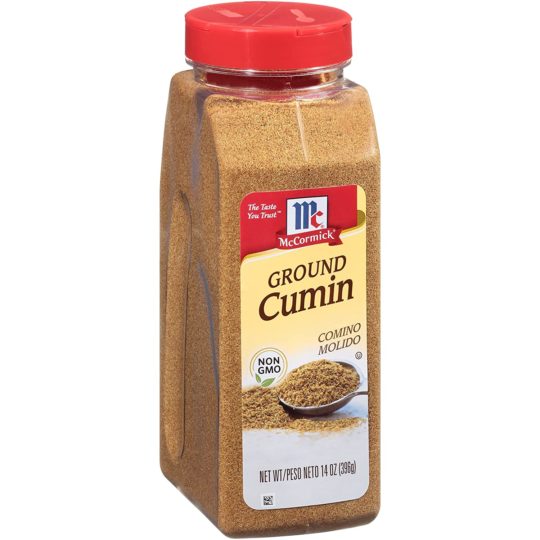
Cumin has naturally warm, nutty, and spicy flavors. These flavors are almost similar to that of coriander. And because of its popularity, you won’t have a hard time finding it in groceries or markets. This makes cumin the best coriander spice substitute.
But despite being the number one choice, there are still some differences between their tastes. Cumin tends to be more pungent or potent than coriander. So if you’re going to use cumin as a substitute, don’t add too much unless you like extreme flavors.
Caraway seeds
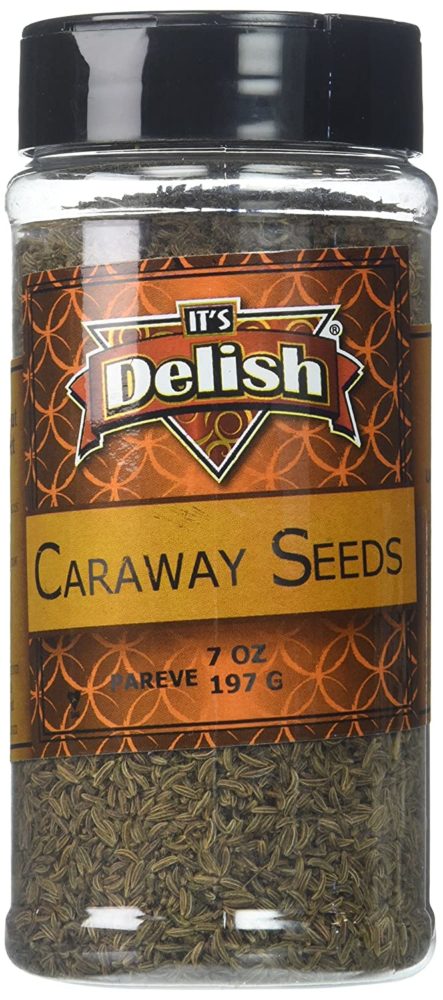
Caraway has the same earthy flavors that coriander also holds. Additionally, this herb is also part of the same plant family. The similarity in taste and familial roots make this spice a rival to cumin as the best coriander substitute in cooking.
This spice is often used in dishes such as potato salads; this spice works best as a dried or grounds coriander substitute. Caraway seeds, in particular, have nutty and peppery flavors that can be utilized in case you run out of cilantro.
But even if its taste is similar to coriander, acquiring this herb can be a bit challenging. Additionally, caraway is a little bit sweeter than coriander. So if you’re going to choose caraway as a substitute, apply a pinch of it first before adding more as needed.
Garam masala
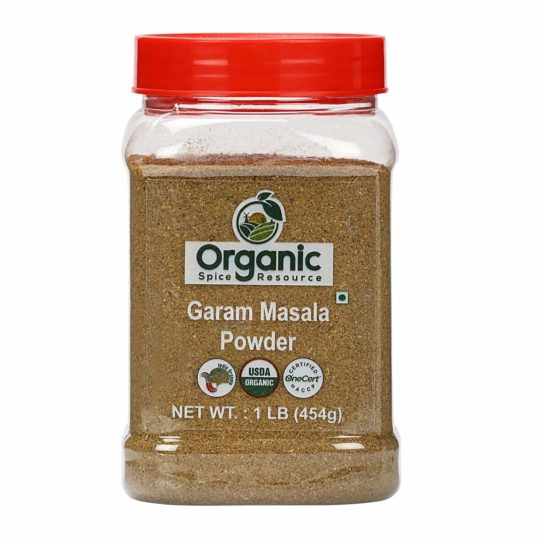
This spice is particularly useful to have on hand if you’re cooking an Indian dish. Garam masala is a combination of earthy flavors like peppercorn, coriander, cloves, cumin, cinnamon, and bay leaves. This flavor profile is different from pure coriander, so use a light hand when rubbing it into your dish. Additionally, garam masala contains turmeric, and this spice can change the color of the dish into something yellowish.
Whole cloves
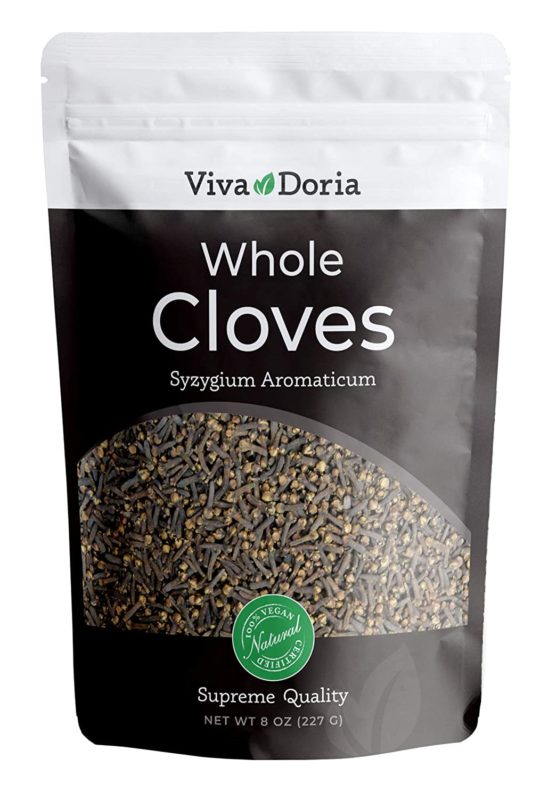
The natural aromatic scent of whole cloves can be used to replace the coriander’s citric touch. And keeping its charming fragrance is simple. All you have to do is properly store the whole cloves on your shelf. This allows them to keep their aroma on their own.
However, in order to fully utilize its wonderful smell, you’ll have to do the extra work of grinding whole cloves with mortar and pestle. And if you choose not to grind them, you’ll have to manually remove the cloves from the dish using a cheesecloth or tea ball.
Parsley
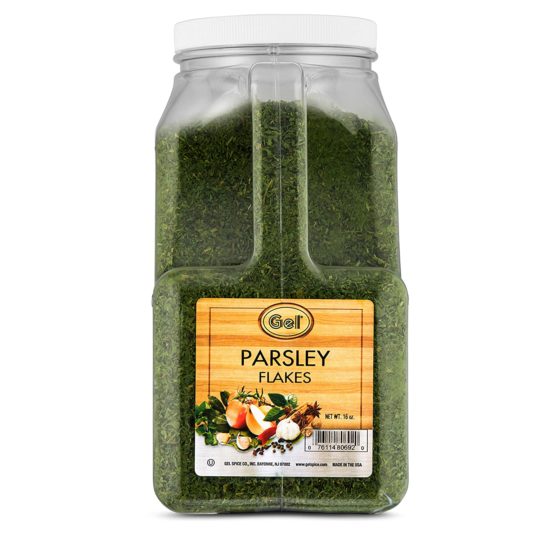
Parsley offers crisp flavors when it’s used as a fresh coriander substitute. This freshness makes parsley a great option when you run out of coriander seeds. However, parsley lacks the citric touch, and it tends to be more bitter when compared to coriander seed. If you’re planning to use this as a coriander substitute, the best option is to add a few drops of lemon or lime juice. This allows your dish to have its previous missing acidic flavors while neutralizing parsley’s bitterness.
Basil
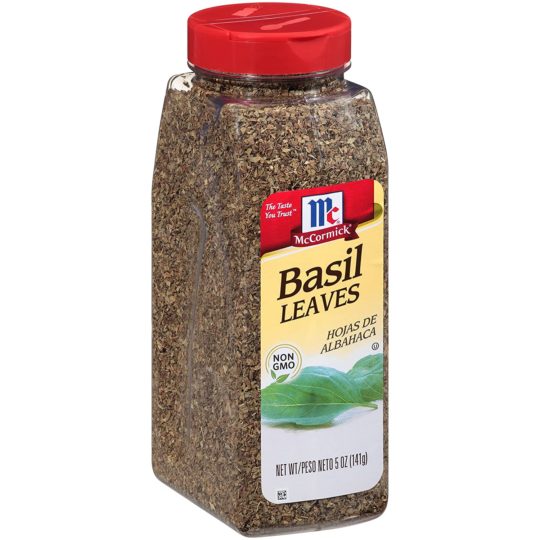
Between Thai basil and Italian basil, the former’s taste is a lot closer to coriander than the latter, but both are great substitutes for coriander seed. Thai basil tends to be more bitter when compared to the Italian variant, which is a bit sweeter. Additionally, the Thai version has a distinct taste, almost similar to licorice and spicy as well.
When using this herb as a coriander substitute in recipes, there’s a possibility that the taste will be different, although it won’t affect the dish as much. Also, like parsley, basil is an herb and cannot replace the nutty seed texture of coriander, but if the taste is your priority, then substitute away!
Frequently asked questions [FAQs]
Is it safe to eat coriander seeds?
This is not advisable. Coriander is likely safe in food amounts and possibly safe for some people when taken by mouth in appropriate medicinal amounts. When taken by mouth or inhaled, coriander can cause allergic reactions. Symptoms’ of such reactions can include asthma, nasal swelling, hives, or swelling inside the mouth. Considering these, it is safe to keep consuming coriander in food and not eat raw or directly – unless you are sure not to react negatively.
Can we drink coriander seed water daily?
Yes, this is highly medicinal, although in controlled amounts. Coriander has digestive properties, and this is also used in many medicines made to receive digestive troubles. Coriander water detoxes the body by flushing out the toxins. Drinking a glass of coriander water every morning also helps in keeping your gut healthy.
Are coriander seeds good for hair growth?
Yes, it is. Coriander seeds can help to prevent hair loss by invigorating the roots of the hair follicles. Regularly massage your hair with a mixture of hair oil and coriander powder to archive this.
Conclusion
Coriander seed is a member of the parsley family. The seeds are used as a seasoning. When sprouted, the leaves are referred to as cilantro or Chinese parsley. If you need to substitute ground coriander for whole seed, see substitution suggestions above.
